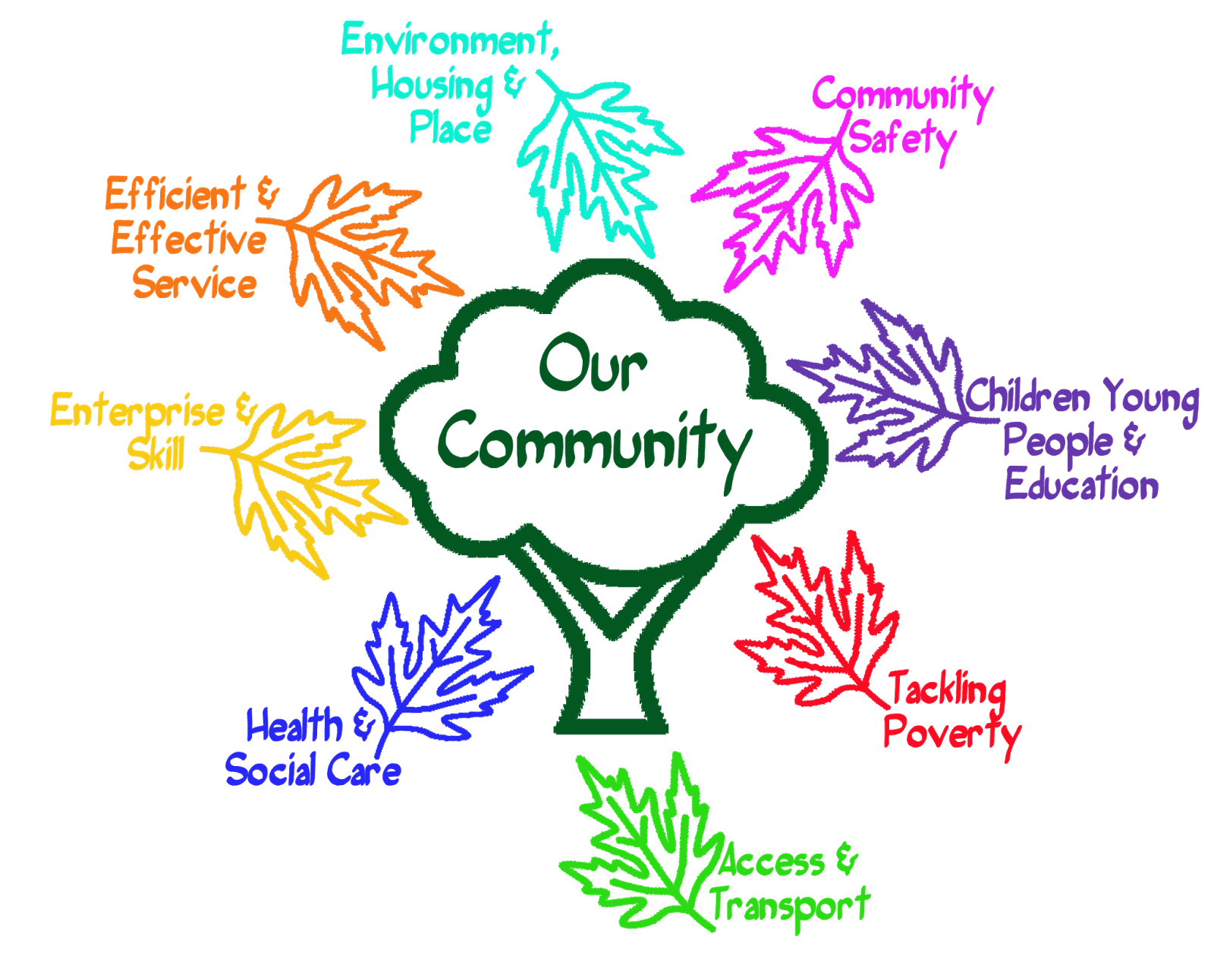EMPOWERING COMMUNITIES for the 21st Century
"Empowering people for sustainable energy"
The economic development of modern societies is crucially dependent on energy. Energy is vital for sustainable development. The methods of production, supply and consumption of energy are key issues in sustainable development because they strongly affect the local and global environment.
India is the world’s seventh-largest energy producer and the fifth-largest energy consumer, accounting for more than 4% of total global annual energy consumption.
India needs to shift to non-polluting renewable sources of energy to meet future demand for electricity for economic as well as environmental development. Renewable energy will provide long-term economic growth for India. Renewable energy has the potential to re-energize India’s economy by creating millions of new jobs, allowing the country to achieve energy independence, reduce its trade deficits and propel it forward as a “Green Nation.”
To build stable and sustainable communities, required meaningful employment opportunities for Young adults. Young people, when gainfully employed, represent a tremendous resource for developing and industrialized nations; they bring energy, creativity, and imagination to many nation-building tasks, from building infrastructure to preserving the environment. But until a global, collaborative approach is developed that empowers youth to promote environmental sustainability, and make this an economically viable alternative, a valuable asset to help address global environmental goals will remain untapped.
Youth must be provided with a stake in their future so that they will sacrifice their ‘today’ for a better ‘tomorrow.’
Now is the time to empower young people with a supportive environment and appropriate opportunities for employment. Youth are the principal agents for social change, economic development and technological innovation. The environment is threatened by the perils of global warming, climate change, and energy crises. There is a need to protect the environment and at the same time to provide young people with opportunities for sustainable livelihoods.
This article looks at youth employment opportunities in the renewable energy sector. This sector has many eco-job opportunities. Eco-jobs are not restricted only to youth-entrepreneurs setting up renewable energy enterprises. Promoting alternative sources of energy must form a part of regional policies as it can bring employment to regions, which were not previously industrially developed.
Most importantly, job creation takes place in the rural areas where unemployment is often very high. Availability of job opportunities in rural areas would prevent the rural youth from migrating to the cities to seek employment. This will not only ease the pressure on urban centers, but will ensure that the rural youth will not leave their villages, thereby ensuring the presence of a valuable asset needed for development – dynamic and hard working youth. Opportunities for youth in the renewable energy sector can be generated by government institutions, non-government institutions, and the private sector or can be purely self-employment.
Barriers to the Adoption of Renewable Energy
There are several barriers in the form of limited information, lack of technical skills and institutional capacity, prohibitive costs, and inaccessibility to technology. These make it difficult to adopt renewable energy in poor countries.
- Lack of Information: Rural communities frequently have limited access to existing knowledge bases that promote the use of renewable energy through economically and financially sustainable models.
- Lack of Technical or Commercial Skills: Even if they have the above-mentioned knowledge base, rural communities, and their youth frequently lack the skills and experience to produce and promote renewable energy.
- Lack of Institutional Capacity for Promoting Renewable Energy: Throughout the developing world there is a lack of institutions serving youth that have expertise in renewable energy technologies and business development. Institutions that exist have an overwhelming task to do in which they need a great amount of support.
Apart from the above, there is another barrier with regard to youth employment in the area of renewable energy. This is the lack of youth involvement. Young people generally have the energy, the vision and the belief to get involved with new and innovative projects.
However, in the majority of many countries, there is a lack of infrastructure to support youth employment projects, and youth are not provided the necessary coaching, trust and enabling environment to make viable contributions to the local economy and environment. To be able to link sustainable development and youth employment, there is a pressing need to involve youth and to give them the necessary coaching, trust, and enabling environment.
The use of renewable sources of energy and renewable energy technologies should therefore be an important element for supporting entrepreneurial initiatives and employment. In order to create a favorable climate for the exploitation of the renewable energy technologies and its diverse applications it is essential to train the men and women who would implement them. Thus, essential components of any developmental effort are education and training. The early involvement of individuals and community organizations benefiting from the implementation of renewable energy projects is an important step towards its success.
The promotion of youth led renewable energy enterprises will tackle jointly the issues of youth unemployment as well environmentally sustainable development. The rural youth needs an enabling environment for the successful and continued implementation of renewable energy. Thus they need to be equipped with the skills that could enable them to set up viable and sustainable enterprises. This will build the much-needed institutional capacity to develop renewable energy enterprises. They need to be coached and trained in all the relevant areas for setting up and successfully running renewable energy enterprises.
India can ramp up its efforts to develop and implement large utility-scale solar and wind energy farms to meet the country’s economic development goals, while creating energy independence and realizing potentially enormous environmental benefits. Both issues have a direct influence on national security and the health of the Indian economy.









